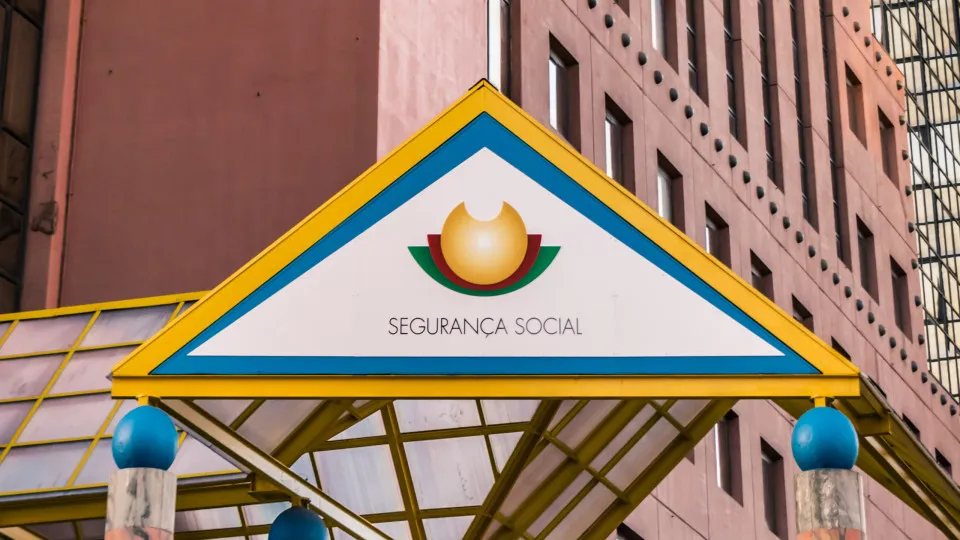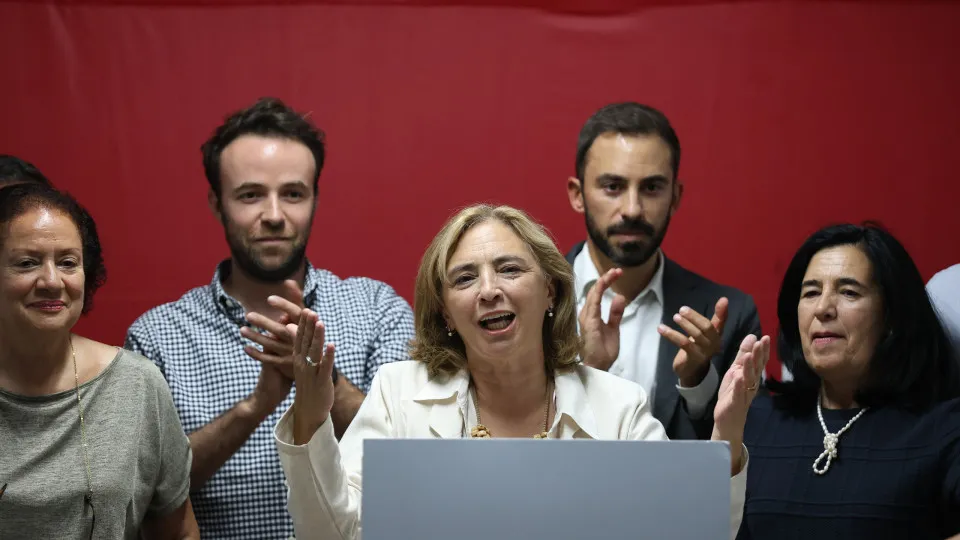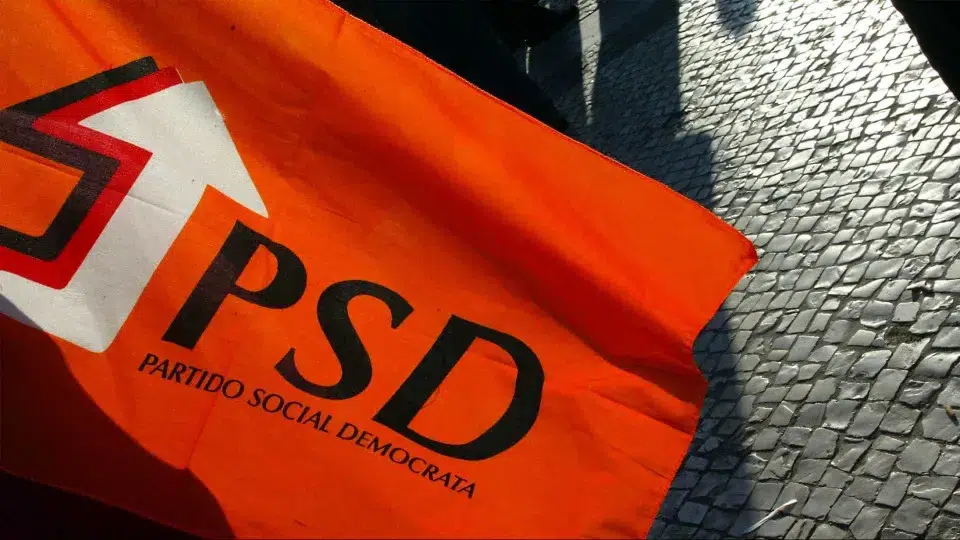
During a joint hearing with the Budget, Finance, and Public Administration Committee and the Committee on Labour, Social Security, and Inclusion, requested by the PS, the Secretary of State for Social Security, Susana Filipa Lima, acknowledged that complaints had arisen in August. Several citizens and associations reported that the allocation of the Informal Caregiver Support Subsidy was negatively affecting the family household’s eligibility for some social benefits, particularly child allowances.
Ms. Lima acknowledged the necessity of amending the legislation to prevent such situations but did not commit to making the changes retroactive to compensate beneficiaries for any losses incurred.
The Secretary of State emphasized that the issue stems from the legal framework of the subsidy, noting that no current law explicitly states that the support is not considered “income for the allocation of other social benefits, especially those in the family plan.”
“The allocation of family allowances, as well as other social benefits, including the caregiver subsidy itself, is subject to a means test, regulated by a specific decree, Decree-Law No. 70/2010. For this purpose, income from work, capital, pensions, and other social benefits are considered as family household income,” she explained.
According to the Secretary of State, “Since it is categorized under the solidarity subsystem, the informal caregiver support subsidy is not exempt from this rule and is thus calculated as income.”
“Neither in 2019 nor in 2022, was there any legislative initiative to exempt the caregiver support subsidy from being considered as income for the purpose of allocating social benefits. Therefore, from 2022 onwards, it should have been expected that the provision of this subsidy would affect families’ eligibility for child allowances by raising the reference scale relevant to its allocation,” she stated.
“We are studying how we can reverse these situations to “correct the situation of thousands” of beneficiaries who have “been penalized,” Ms. Lima assured, admitting that the legal amendment is complex as it is necessary to ensure no other penalties are created.
She indicated the necessity of conducting the change “in a complete, integrated, and coherent manner” to avoid resolving one problem only for “another issue that was not adequately safeguarded” to arise later.
Ms. Lima reported that approximately 1,600 beneficiaries had their family allowances recalculated due to this issue.
Regarding the fiscal framework, the Secretary of State mentioned that her team had not had any contact with the Finance Minister, Joaquim Miranda Sarmento, about “making any type of tax changes” concerning IRS. In this context, the minister’s office responded to the parliament stating that the subsidy, being a solidarity subsystem benefit, “is not covered by any IRS Code incidence norms and, therefore, is not subject to IRS.”
The problem encountered relates to the value considered as income by Social Security because the support’s value is calculated when determining if a household is eligible for a certain social benefit.
At the beginning of the hearing, deputies from the PS and Chega noted that parliament had summoned the Minister of Labour and Social Security, Maria do Rosário Palma Ramalho, not the Secretary of State. Both parties criticized the way the ministry informed the Assembly of the Republic, stating through information, rather than consultation, that the Secretary of State would represent the government, given her delegated competencies in this matter.




